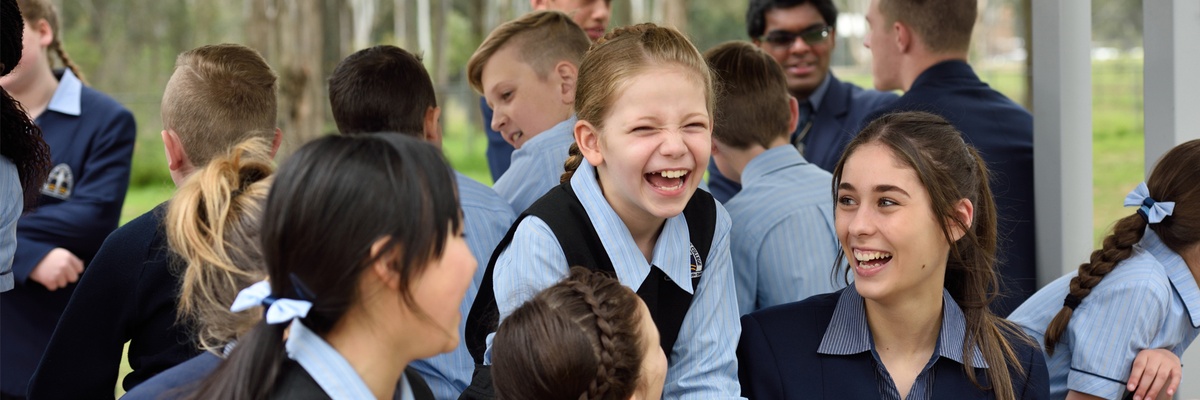In every educational setting, helping children understand and accept the consequences of their actions is a crucial part of developing responsible and self-aware individuals. While academic success is always a central focus, schools also play a vital role in social and emotional learning. Teaching children accountability for their behaviour is not about punishment—it's about preparing them for life beyond the classroom. This teaching starts with our youngest students in PreK and continues until students graduate.
Encouraging students to accept consequences for their behaviour at school is not just about maintaining order—it is about cultivating integrity, empathy, and maturity. Through consistent, thoughtful consequences, educators can guide students toward understanding their impact on others and taking ownership of their actions. This life lesson, arguably as important as any academic subject, prepares younger children and adolescents for the challenges and responsibilities of adulthood.
In the Senior School last week we had professional speakers, Daniel Principe and Bree Bond come to engage with our students about the importance of their behaviour and its impact on their wellbeing. Whilst the sessions covered a range of topics from social media use and abuse, to ethical decision making, they also focused on the significance of the consequences that arise from making poor choices. These conversations continue in our Homeroom and Year Group time, and in our reflections during Chapel.
In the Junior School , we have regular discussions with students regarding the importance of the choices they make and how this impacts their learning and relationships with others. These discussions take place in classrooms, assemblies and in individual conversations. Students are commended for their efforts to behave in a way that supports the community and themselves. Understanding that it can be difficult to always do the right thing, we have wellbeing support to help students who are struggling. Part of this support includes giving consequences for inappropriate actions to help students grow.























































